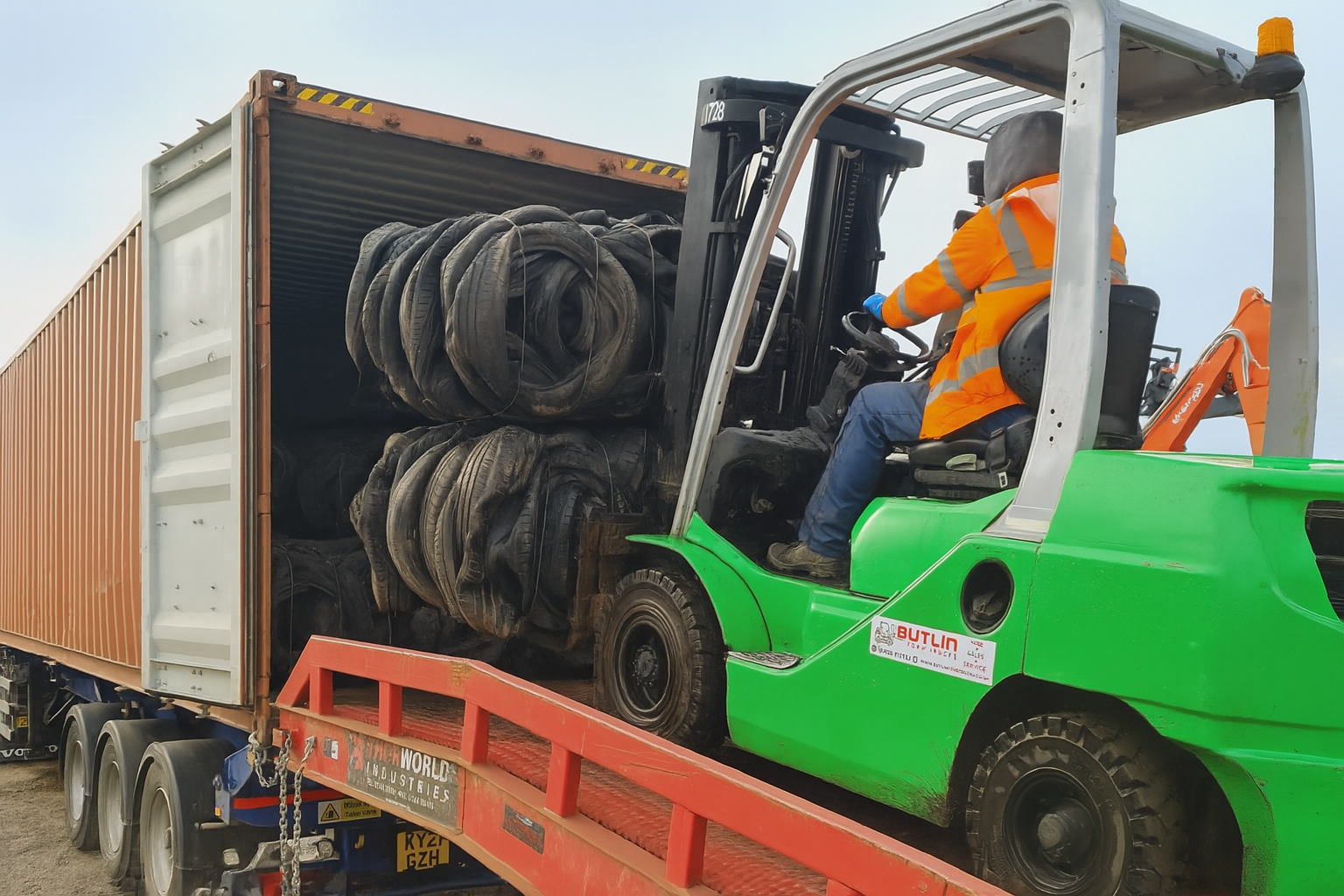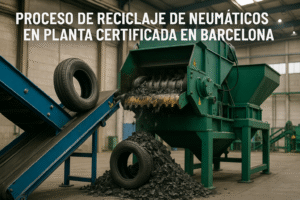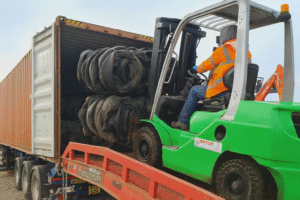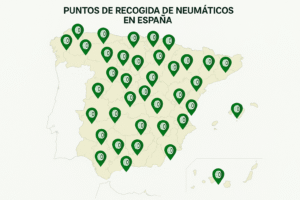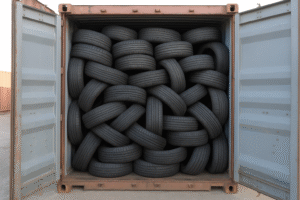Introduction
The export of used tyres has evolved from a secondary activity to a strategic solution within international trade. With the rapid growth in demand across emerging economies, 2025 is shaping up to be a key year for expanding markets into Africa and Latin America. These destinations are not only seeking cost-effective alternatives but also long-term partnerships within a sustainable international trade model. In this article, we’ll explore the most promising opportunities, analyse the current state of the tyre market in Africa, and outline how European companies can boost tyre imports in Latin America while contributing to the responsible development of both regions.
Growing Demand in the African Tyre Market
The tyre market in Africa has experienced steady growth over the past five years. Many countries on the continent rely on importing reusable tyres to meet the needs of public transport, agriculture, and industry. This trend presents an excellent opportunity for exporters who can guarantee quality, traceability, and efficient logistics. Additionally, Africa is increasingly adopting sustainable international trade models, favouring companies that apply environmental and social responsibility criteria throughout their supply chain.
Latin America’s Commitment to Reusable Tyres
Tyre imports in Latin America are on the rise due to the need for cost-effective solutions in sectors such as transport, mining, and construction. Countries like Bolivia, Paraguay, and El Salvador show high demand for second-hand tyres in good condition. This context creates an ideal opportunity for European companies that already have well-defined sorting and export processes. At the same time, Latin American governments are beginning to promote reuse models aligned with the principles of sustainable international trade, aiming to reduce waste generation.
Key Requirements for Exporting Used Tyres in 2025
To engage in used tyre exports, companies must comply with a set of regulations both at origin and destination. These include certifying tyre condition, proper labelling, customs documentation, and adherence to environmental standards. In addition, building partnerships with local distributors in Africa and Latin America improves process efficiency. In 2025, increased quality inspections are expected, making transparent and responsible processes even more crucial to strengthening a company’s international reputation.
Sustainable International Trade: More Than a Trend
Sustainable international trade has become a fundamental criterion in global business relations. In the case of used tyres, this model involves practices such as recycling, digital traceability, optimising transport, and collaborating with partners who share ethical values. Sustainability not only enhances brand image but also opens the door to tax incentives and institutional support. For exporting companies, adopting this approach makes it possible to establish themselves in demanding markets like Africa and Latin America, building strong and lasting trade relationships.
Conclusion
The export of used tyres in 2025 presents a unique opportunity for companies committed to responsible development. Both the African tyre market and Latin American imports require efficient and sustainable solutions. Committing to a sustainable international trade model is the key to success.
Ready to expand your business and take your commitment to the next level? Contact us today to start your export plan.

